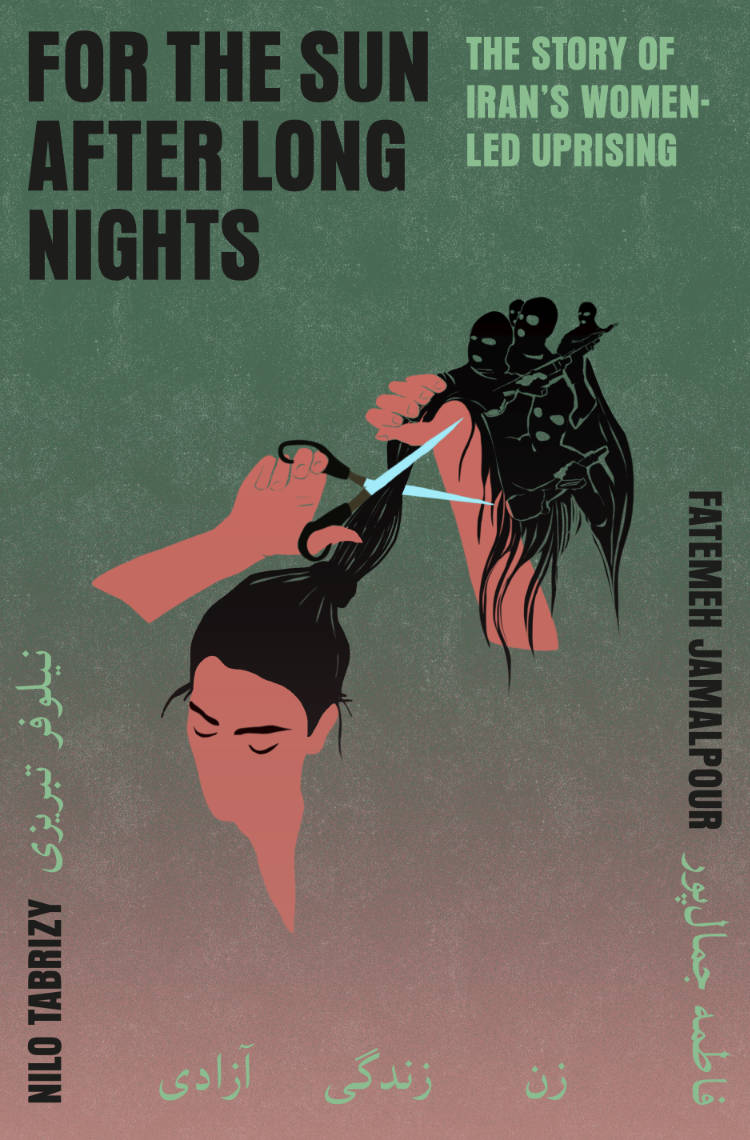
Edgewise: A Picture of Cookie Mueller
Chloé Griffin ed.
Contributions by John Waters, Mink Stole, Gary Indiana, et al.
Cookie Mueller was a firecracker, a cult figure, a wit, a wild child, a writer, a go go dancer, a mother, an unlikely queer icon, an alchemist, a lightning rod in dark times. A child of suburban 50‘s Maryland and post-beatnik 60’s freakdom, she made her name first as an actress in the films of John Waters, and then as an art critic and columnist, a writer of hilarious and sublime stories and short fiction and a maven of the Downtown art world. Edgewise tells the story of Cookie‘s life through an oral history composed from over 80 interviews with the people who knew her. After tracing back some of the steps of the author’s 7-year trip in search of Cookie, the voices take us from the late 60’s artist communes of Baltimore to 70’s Provincetown where romantics and queers crawled the dunes and discos, to the sleepless creative high of post-industrial Bohemian New York, through 80‘s West Berlin and Positano, and into the depths and contradictions of Cookie’s life and loves.
Since her death from AIDS in 1989, Cookie’s work and life have made her an underground icon. Her original texts, first published by Hanuman Books and Semiotext(e), have been reprinted by Serpent’s Tail, and she is remembered for her appearances in the No Wave films and theater of Amos Poe, Michel Auder, Gary Indiana and others.
Along with the text, Edgewise consists of original artwork, unpublished photographs and archival material, and photo contributions by Philip-Lorca DiCorcia, David Armstrong, Robert Mapplethorpe, Peter Hujar and others.
Edgewise is a meditation on memory and story-telling.
Language: English







